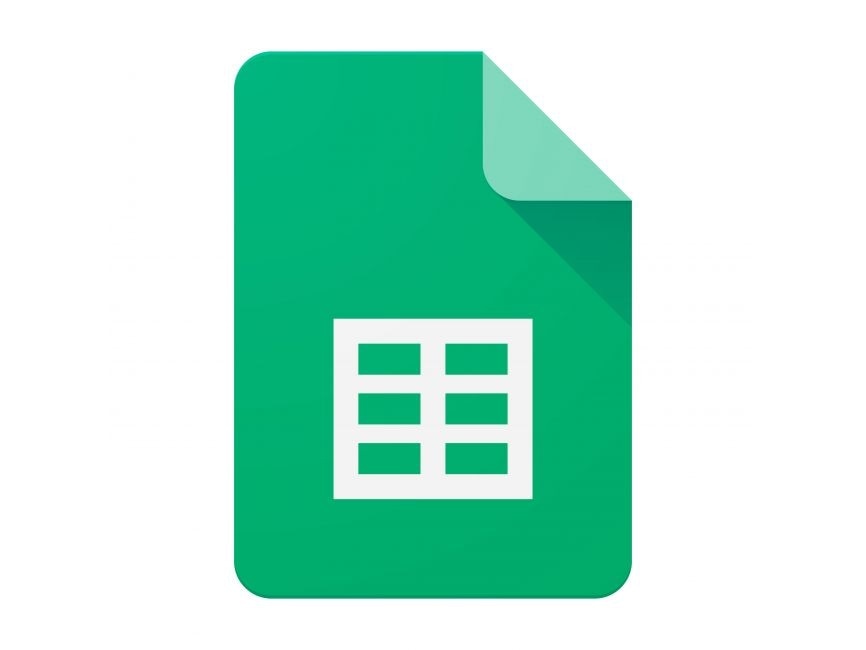by RadRabbit
Countdown Master
import logging
from flask import Flask, render_template, request
from gunicorn.app.base import BaseApplication
logging.basicConfig(level=logging.INFO)
logger = logging.getLogger(__name__)
app = Flask(__name__)
@app.route("/", methods=["GET"])
def root_route():
return render_template("template.html", countdown_time="0")
@app.route("/start_timer", methods=["POST"])
def start_timer():
countdown_time = request.form.get("countdown_time", "0")
try:
countdown_time = int(countdown_time) * 60 # Convert minutes to seconds
except ValueError:
countdown_time = 0
return render_template("template.html", countdown_time=countdown_time)
return render_template("template.html", countdown_time=countdown_time)
class StandaloneApplication(BaseApplication):Frequently Asked Questions
What are some practical business applications for the Countdown Master template?
The Countdown Master template can be utilized in various business scenarios: - Event management: Tracking time for presentations or conference sessions - E-commerce: Creating urgency for limited-time offers or flash sales - Project management: Setting deadlines for task completion - Customer service: Managing call or chat queue wait times - Training and education: Timing exams or group activities
How can Countdown Master be customized for different business needs?
Countdown Master is highly adaptable. Businesses can: - Modify the UI to match their brand colors and style - Add sound alerts or visual cues when the timer ends - Integrate it with other systems to trigger actions at specific times - Implement multiple timers for tracking various concurrent activities - Add user authentication for personalized timer settings
What advantages does Countdown Master offer over other timer solutions?
Countdown Master provides several benefits: - Easy integration with existing web applications - Customizable front-end using HTML and JavaScript - Robust back-end powered by Python and Flask - Scalable architecture suitable for high-traffic websites - Open-source nature allowing for extensive modifications
How can I add a pause functionality to the Countdown Master timer?
To add a pause function, you can modify the JavaScript in the template.html file. Here's an example:
```javascript let isPaused = false; let remainingTime = 0;
function startTimer(duration, display) { let timer = duration; let minutes, seconds;
function updateDisplay() {
minutes = parseInt(timer / 60, 10);
seconds = parseInt(timer % 60, 10);
minutes = minutes < 10 ? "0" + minutes : minutes;
seconds = seconds < 10 ? "0" + seconds : seconds;
display.textContent = minutes + ":" + seconds;
}
endTimer = setInterval(function () {
if (!isPaused) {
updateDisplay();
if (--timer < 0) {
clearInterval(endTimer);
}
}
}, 1000);
}
window.pauseTimer = function() { isPaused = !isPaused; if (isPaused) { remainingTime = timer; } else { timer = remainingTime; } }; ```
Then add a pause button to the HTML:
html
<button id="pauseButton" type="button" onclick="window.pauseTimer();">Pause/Resume</button>
Can Countdown Master handle multiple timers simultaneously?
Yes, you can modify Countdown Master to handle multiple timers. Here's a basic example of how to implement this in Python:
```python from flask import Flask, render_template, request, jsonify import time
app = Flask(name) timers = {}
@app.route("/create_timer", methods=["POST"]) def create_timer(): timer_id = request.form.get("timer_id") duration = int(request.form.get("duration")) timers[timer_id] = {"start_time": time.time(), "duration": duration} return jsonify({"status": "success", "timer_id": timer_id})
@app.route("/get_timer", methods=["GET"]) def get_timer(): timer_id = request.args.get("timer_id") if timer_id in timers: elapsed = time.time() - timers[timer_id]["start_time"] remaining = max(0, timers[timer_id]["duration"] - elapsed) return jsonify({"remaining": remaining}) return jsonify({"error": "Timer not found"}), 404
if name == "main": app.run(debug=True) ```
This modification allows Countdown Master to create and manage multiple timers identified by unique IDs, making it more versatile for complex business applications.
Created: | Last Updated:
Introduction to the Countdown Master Template
Welcome to the Countdown Master template guide. This template is designed to help you create a simple yet effective countdown timer web application using Flask, HTML, and JavaScript. The application allows users to set a timer, start it, and see the countdown in real time. It also includes a reset and stop functionality for the timer. This guide will walk you through the steps to get your countdown timer app up and running on the Lazy platform.
Getting Started
To begin using the Countdown Master template, click on "Start with this Template" in the Lazy Builder interface. This will pre-populate the code in the Lazy Builder, so you won't need to copy or paste any code manually.
Test: Deploying the App
Once you have the template loaded, press the "Test" button to start the deployment of your app. The Lazy CLI will handle the deployment process, and you won't need to worry about installing any libraries or setting up your environment.
Using the Countdown Master App
After deployment, Lazy will provide you with a dedicated server link to access your countdown timer app. Here's how to use the interface:
- Enter the time in minutes in the input field labeled "Enter time in minutes".
- Click the "Start" button to begin the countdown. The timer will display the countdown in minutes and seconds.
- If you wish to stop the timer, click the "Stop" button.
- To reset the timer and clear the input, click the "Reset" button.
The JavaScript code provided in the template will handle the countdown functionality and update the display in real time.
Integrating the App
If you wish to integrate the Countdown Master app into an external tool or service, you may need to use the server link provided by Lazy. For example, if you want to embed the countdown timer into another web page, you can use an iframe with the server link as the source.
Here's a sample code snippet to embed the countdown timer:
<iframe src="YOUR_SERVER_LINK" width="300" height="200"></iframe>
Replace "YOUR_SERVER_LINK" with the actual link provided by Lazy.
If you need to interact with the app's backend for any reason, you can use the server link to send POST requests to the "/start_timer" endpoint to programmatically start the timer.
Here's a sample POST request you might send to the server:
`POST /start_timer HTTP/1.1
Host: YOUR_SERVER_LINK
Content-Type: application/x-www-form-urlencoded
countdown_time=15` This request would start a 15-minute timer. Replace "YOUR_SERVER_LINK" with the actual link provided by Lazy.
Remember, the Lazy platform handles all the deployment details, so you can focus on building and integrating your application. Enjoy creating with the Countdown Master template!
Here are 5 key business benefits for this template:
Template Benefits
-
Versatile Web Application Framework: This template provides a solid foundation for building interactive web applications using Flask, HTML, and JavaScript. It's ideal for creating admin dashboards, web games, or any web app requiring real-time updates.
-
Time Management Tool: The countdown timer functionality can be easily adapted for various business applications such as meeting timers, productivity trackers, or timed assessments, helping improve time management and efficiency in workplace settings.
-
Customizable User Interface: The template includes a basic but customizable front-end, allowing businesses to quickly develop and deploy branded web applications without starting from scratch.
-
Scalable Backend Architecture: Using Gunicorn as the WSGI HTTP server allows for easy scaling of the application to handle increased traffic, making it suitable for growing businesses or applications with fluctuating user loads.
-
Interactive Data Visualization: The inclusion of canvas and animation code provides a starting point for creating interactive data visualizations or animated elements, which can be valuable for presenting complex information in an engaging way to clients or stakeholders.




